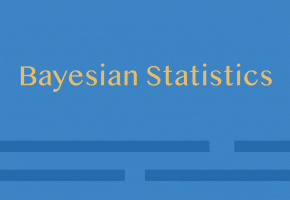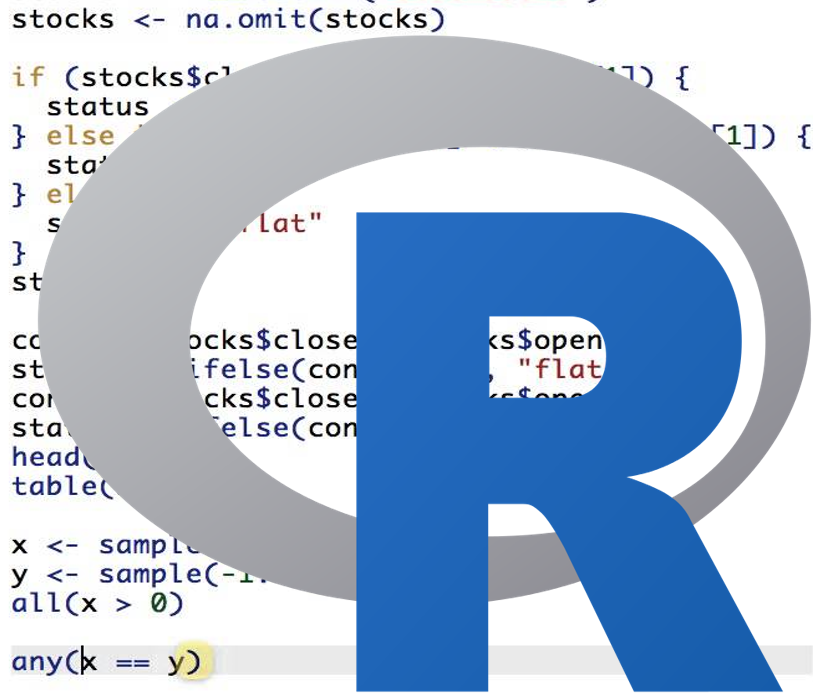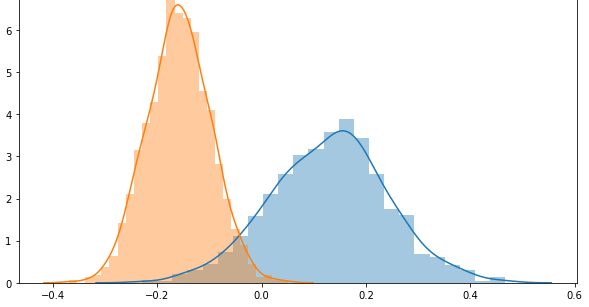
26
Nov
A case for Bayesian 5: audience-led readings
Each session in this series will consider a different reading presenting a case for Bayesian. We invite participants to nominate and vote on articles to be read and presented in each session. Participants may suggest their own article or choose from the list provided.
22
Nov
Introducing Critical Inquiry of Method
This workshop is the first in a two-part series about critical inquiry of method. This first workshop aims to provide guidance on how to transparently describe and justify a method, regardless of whether it is qualitative, quantitative, or mixed (qual/quant).
19
Nov
Doing Logistic Regression: Effects with Confidence
Presuming that you understand the purpose and The Meaning of Logistic regression (3 episodes: model, explainability, predictions), this series of 4 episodes walks you through the process of doing logistic regression.
18
Nov
What's the Difference? Classical vs Bayesian
This workshop helps newcomers to Bayesian analysis transition from their classical understanding of statistical modelling to a Bayesian one. Regression provides a simple and versatile context for enabling this transition. We explain the subtle differences in interpretation of model outputs, which are most evident in small samples.
17
Nov
Qualitative Validation of Surveys
Surveys are becoming a common tool for researchers who use platforms, such as Lime Survey or REDCap, to implement online questionnaires. However, qualitative validation of surveys is a vital component of the process of survey-based research, not to be overlooked, and will enhance the validity and reliability of results.
16
Nov